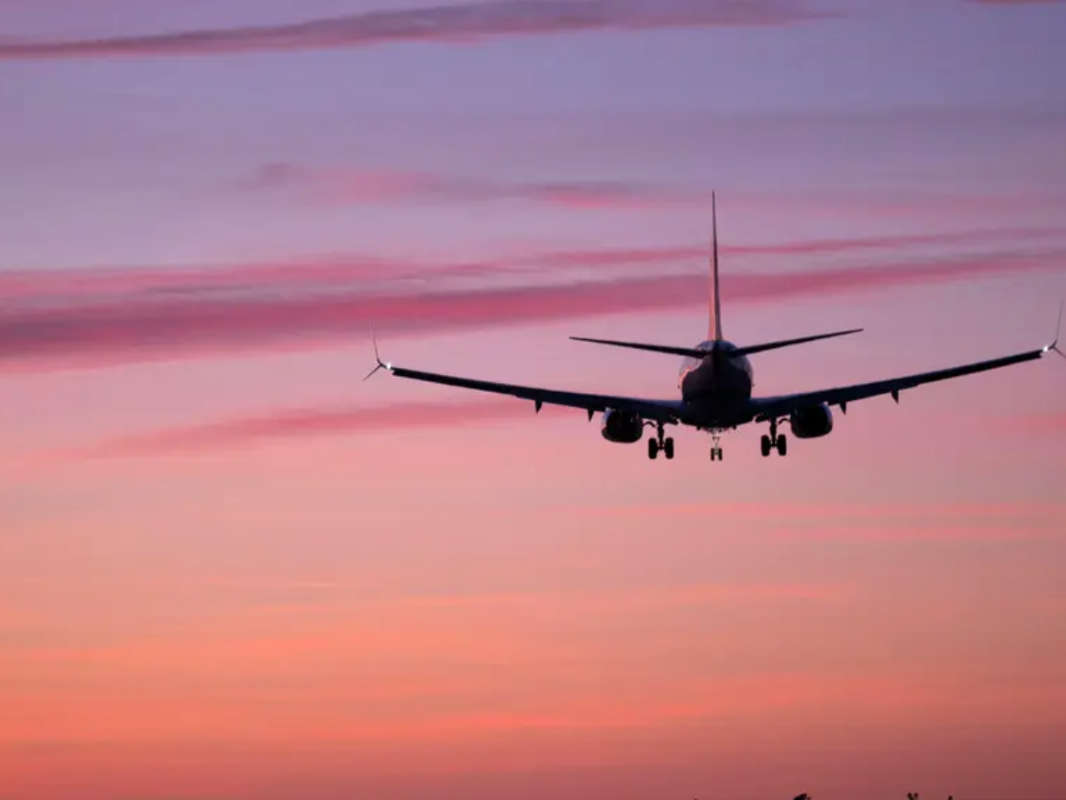
The intensifying crisis in Ukraine is raising concerns about travel to neighbouring countries. Here’s everything you need to know.
Revered for its pristine medieval architecture, Lithuania’s second city, Kaunas, is looking forward to a busy year as the European Capital Of Culture 2022 (shared with Esch-sur-Alzette in Luxembourg and Novi Sad in Serbia).
More than 4,000 events and festivals have been planned to attract tourists throughout the year. But organisers – along with the rest of the world – are watching nervously as events in nearby Ukraine unfold.
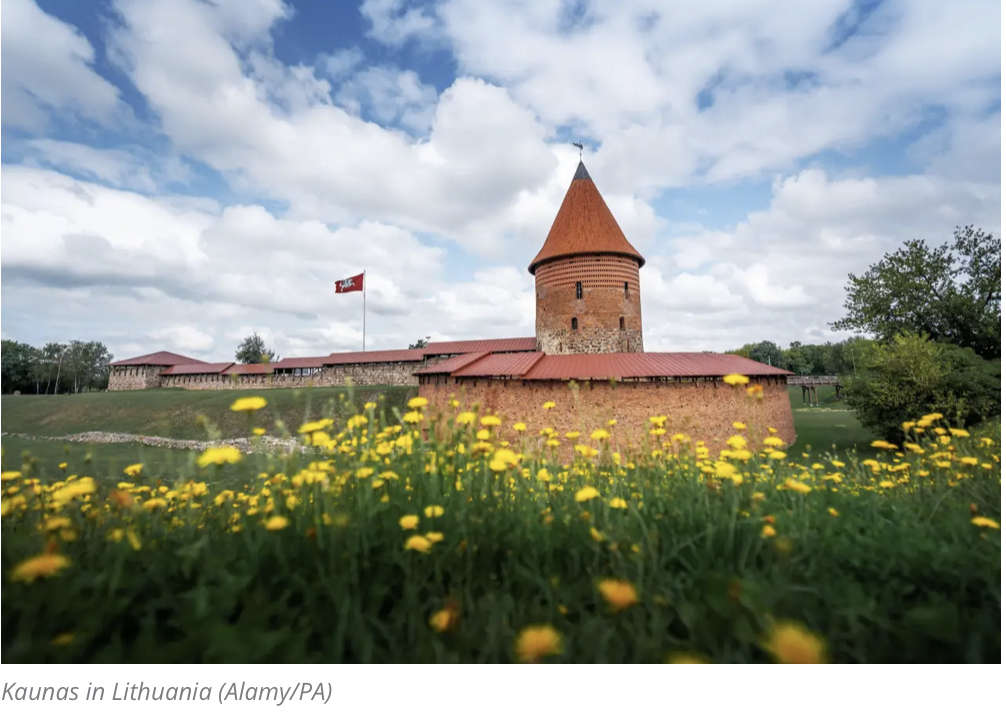
The vast, looming spectre of Russia is casting a dark shadow across the neighbouring and nearby Baltic states, raising concerns for anyone who might be planning to visit the region in the next few months.
Mindaugas Reinikis, head of communication and marketing for Kaunas – European Capital of Culture 2022, is keen to stress Lithuania remains open to visitors.
“The Baltic states and Lithuania are totally safe places to travel,” he insists. “They are part of NATO and in the EU. All flights and other means of transport are functioning as usual.”
It’s a message echoed by countries such as Romania, Slovakia, Hungary and Poland, which have become popular tourist destinations in recent years, thanks largely to a proliferation of affordable flights from airlines such as Wizz Air and Ryanair.
In 2019, Poland recorded 35.7 million tourist arrivals, according to the Statista Research Department, an increase of over 18 million arrivals since 2006. As Covid restrictions begin to relax globally, it was hoped those figures could be resumed.
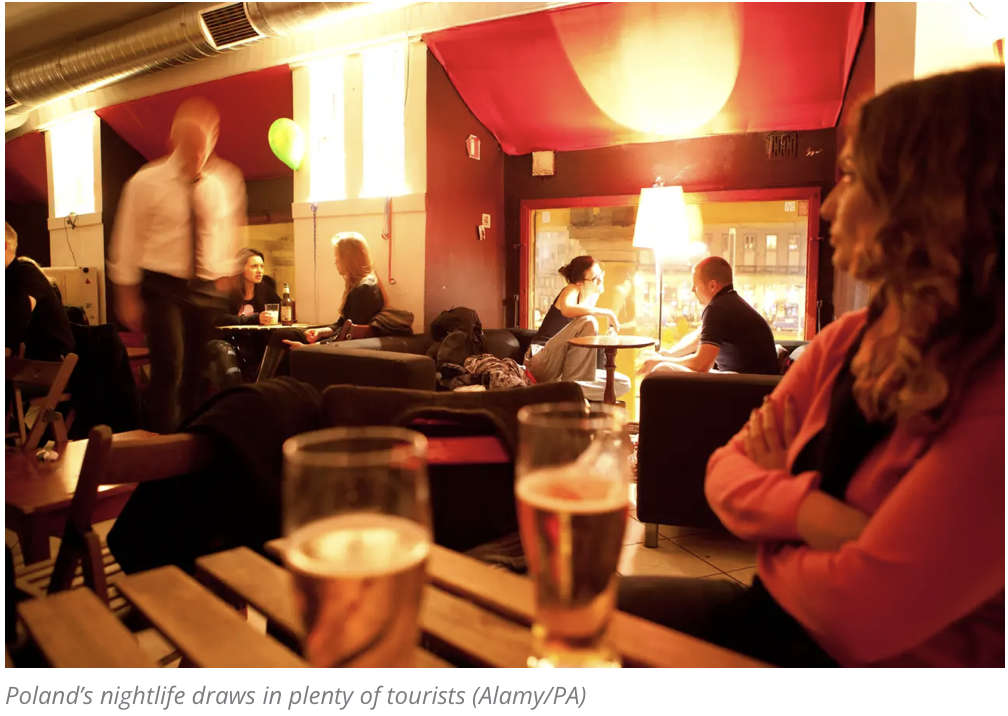
Aside from Ukraine, Russia, Belarus and part of Moldova, there are currently no UK government warnings against visiting any of the countries in Eastern Europe, meaning at this point there’s no need to alter travel plans.
However, given the ever-evolving and volatile situation, there are some important considerations to be made…
Get good travel insurance
Varying global restrictions relating to Covid-19 have made it imperative to have good travel insurance – now even more so.
Travel insurance company battleface (battleface.com) specialises in bespoke policies to a mixture of both classic and more unusual tourist destinations, and warns against taking out a “one size fits all” policy.
Instead, travellers should consider the destination, duration and activities to be undertaken on their trip. In certain cases, a single policy (rather than an annual multi-trip policy) may be a better option.
Staysure (staysure.co.uk) sells both single and multi-trip travel insurance policies, and also advises customers to carefully check T&Cs.
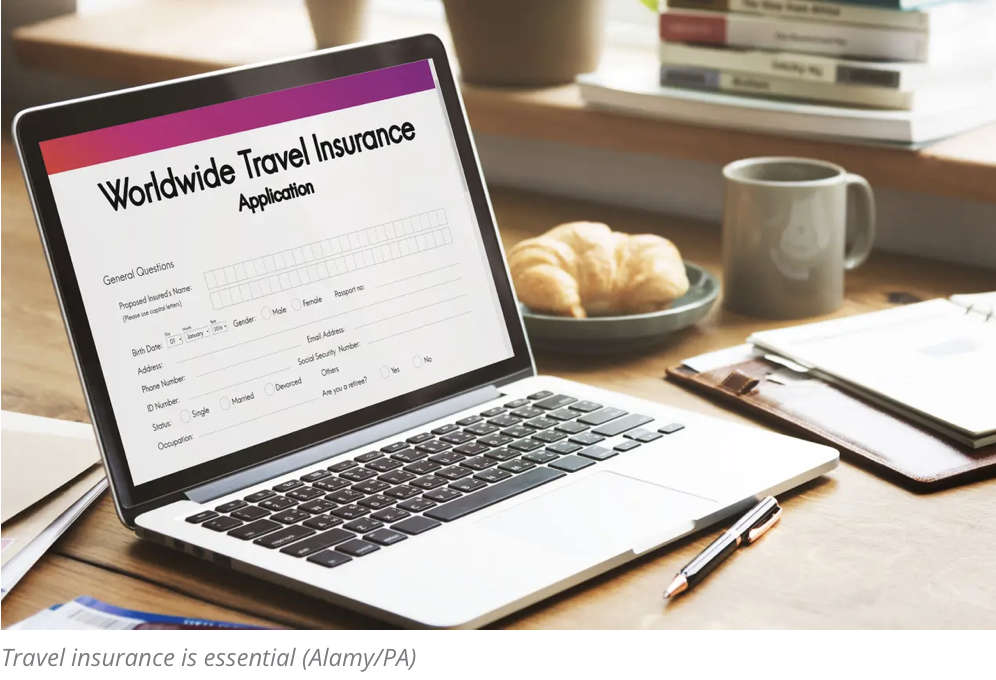
“In the event of one of our customers having to evacuate a country because of the FCDO [Foreign, Commonwealth & Development Office] advising against all travel, Staysure would cover up to their cancellation amount,” says CEO Ryan Howsam. “However, this would only be valid if the customer purchased the Optional Travel Disruption Extension cover.”
The countries to currently avoid
For anyone who does have future holidays booked in Ukraine, Russia, Belarus and part of Moldova – where the FCDO currently advises against all travel – many insurers and tour operators are offering refunds or the opportunity to book travel at a later date.
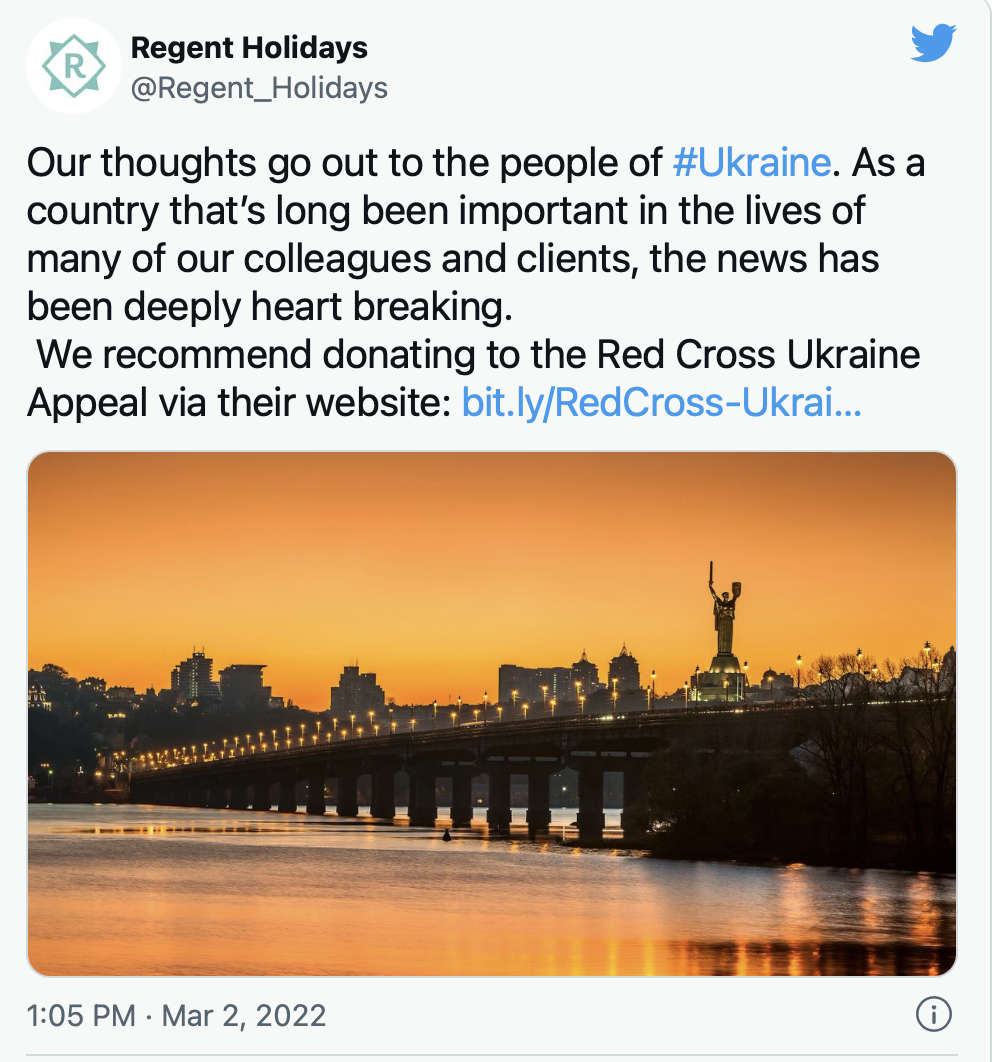
“Having spent years living in both countries [Russia and Ukraine], I am truly saddened by the events unfolding,” says Andrea Godfrey, brand manager for Regent Holidays (regent-holidays.co.uk).
“Our immediate priority is to contact all our clients with departures up to May 31, 2022 to Ukraine, Russia, Belarus and Moldova, to discuss their options, which will include cancellation and refund, rescheduling to a later date, or a new booking to a different destination within the Regent portfolio.”
Useful websites to check
To keep up to date with the latest travel advice, the FCDO is the best resource (gov.uk/foreign-travel-advice). battleface has also created a useful travel tool featuring up to the minute information on global travel restrictions and requirements. Visit battleface.com/en-gb/travel-tool.


 Five Most Pet-Friendly Destinations in the UK
Five Most Pet-Friendly Destinations in the UK
 Five UK Valentine's Destinations Perfect For A Night Away
Five UK Valentine's Destinations Perfect For A Night Away
 Five Highly Romantic Meals Perfect for Your Valentine
Five Highly Romantic Meals Perfect for Your Valentine
 Five Fantasy Worlds We'd Love to See Become Theme Parks
Five Fantasy Worlds We'd Love to See Become Theme Parks
 Five Most Romantic Valentine’s Gestures From Europe
Five Most Romantic Valentine’s Gestures From Europe